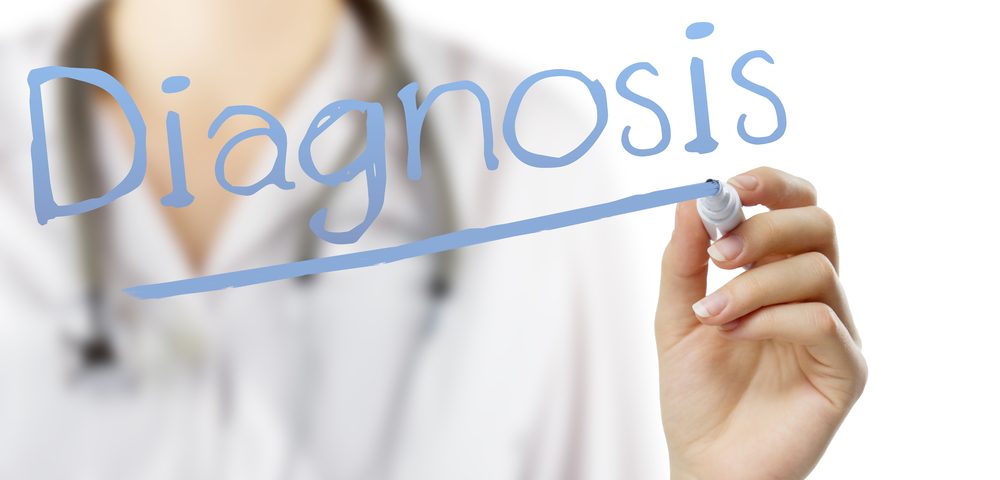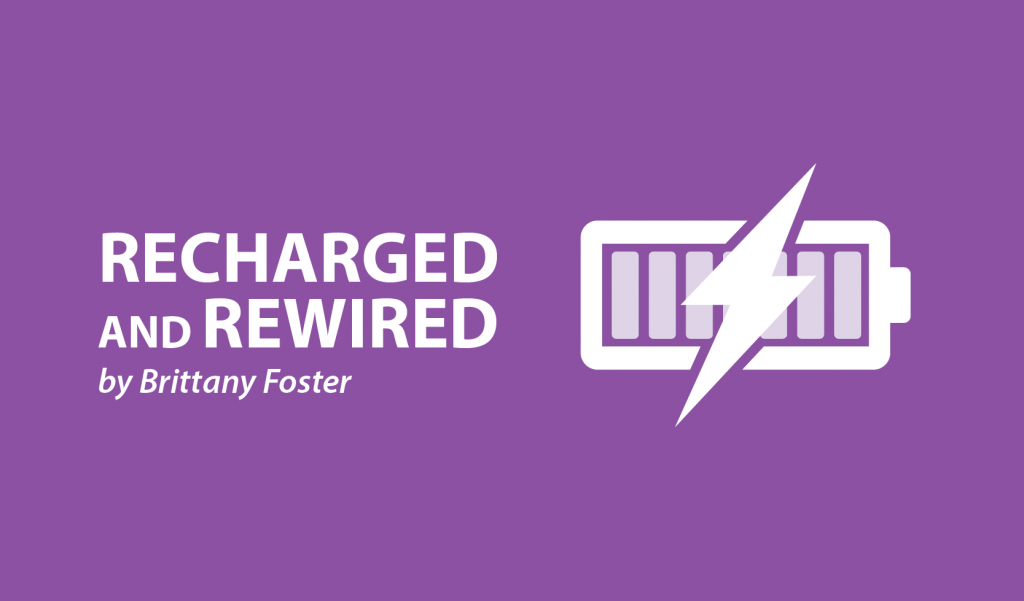Being Newly Diagnosed Can Cause Mixed Emotions
Written by |

“When we’re headed toward an outcome that’s too horrible to face, that’s when we go looking for a second opinion. Sometimes, the answer we get just confirms our worst fears. But sometimes, it can shed new light on a problem. Make you see it in a whole new way. After all the opinions have been heard and every point of view has been considered, you finally find what you were after: the truth. But the truth isn’t where it ends, that’s just where you begin again with a whole new set of questions.” –Dr. Meredith Grey, “Grey’s Anatomy“
***
Doctors have something in common with toddlers: They both relentlessly try to seek some type of answer as to “why.” It’s the constant desire for explanations of symptoms and physiological findings that drives doctors to seek a proper diagnosis for their patients.
This is similar to a toddler in a toy store seeking a good reason as to why they can’t leave with a toy. It seems as if every answer just leads to more questions. As a patient and an aunt to a 4-year-old, it makes me wonder, does the questioning of “why” ever end?
When a doctor discovers a diagnosis like pulmonary hypertension, they ask, “But why does the patient have this? Is there a reason for the elevated pressure? Can this reason be fixed?” A search for a medical diagnosis and an explanation of my symptoms didn’t end with finding elevated pulmonary pressures. The question “why?” drove doctors to seek more of an explanation.
Join the Pulmonary Hypertension News forums: an online community for people with PH and their caregivers.
Recently, after extensive testing, doctors reached a diagnosis. Three years after a diagnosis of chronic hypoxia and pulmonary hypertension, my doctors diagnosed the cause. I have central hypoventilation syndrome. This condition is a result of a genetic disorder in my spinal column and other factors that affected my central nervous system. My body is not giving my brain the correct signals to breathe, and it hasn’t for a while. Ventilation and the exchange of oxygen and carbon dioxide is not happening as it should. This has caused my oxygen levels to be chronically low over the years, which is the reason my pulmonary artery constricts, and it has led to pulmonary hypertension.
Receiving this diagnosis has been a relief because it has given me an explanation for my symptoms and a reason why I feel the way I do. It has confirmed that my symptoms are real and caused by a serious condition.
For years, before being diagnosed with chronic hypoxia and pulmonary hypertension, many doctors thought my symptoms were “all in my head.” I was referred to counselors, psychiatrists, and cognitive behavioral therapists. Having a diagnosis validated all the symptoms I presented with at countless emergency rooms. I feel relief that advocating for my health and knowing that something wasn’t right with my body led me into the hands of a trusting team of medical professionals. My voice and symptoms were finally heard.
Although I now know the cause of my pulmonary hypertension and low oxygen levels, this truth isn’t where it ends. For me, this is the part that can be extremely overwhelming and isolating. Finding out that only about 1,000 cases of central hypoventilation syndrome have been reported, learning about the rarity and complexity of it, and realizing there is no “fix” brings a lot of emotions. It brings up feelings of hopelessness and sadness and makes the reality of this diagnosis seem too difficult to face.
The only treatment options are ensuring that I am properly oxygenated and ventilated during the day and at night. I was given oxygen three years ago when the chronic hypoxia was discovered. Now, I will have not only a BiPAP at night, but also ventilation support during the day to get rid of the carbon dioxide I am retaining and to help my lungs function.
Although this seems so incredibly difficult to take in and understand, I can’t keep stressing myself out about the “why?” question that drives doctors to find out more and more. My doctors and I have come to the collective acceptance that maybe we will never know exactly why my genetic condition affected so many parts of my body.
I don’t have control over why this occurred. The only thing I have control over is how I’m going to manage it. My focus now is on how I choose to treat it while still finding ways to live my life the best I can.
***
Note: Pulmonary Hypertension News is strictly a news and information website about the disease. It does not provide medical advice, diagnosis, or treatment. This content is not intended to be a substitute for professional medical advice, diagnosis, or treatment. Always seek the advice of your physician or other qualified health provider with any questions you may have regarding a medical condition. Never disregard professional medical advice or delay in seeking it because of something you have read on this website. The opinions expressed in this column are not those of Pulmonary Hypertension News or its parent company, Bionews Services, and are intended to spark discussion about issues pertaining to pulmonary hypertension.





Tanya
I am happy to receive this information concerning PH. I never knew anything about the condition until my diagnosis. I am a single person after my one-year engagement broke off. The stress and sadness I feel about that and knowing that my condition is not 'fixable' forces me to take a long hard look at myself and reevaluate how I will love myself from here onward. Thank you for the intelligent discourse.